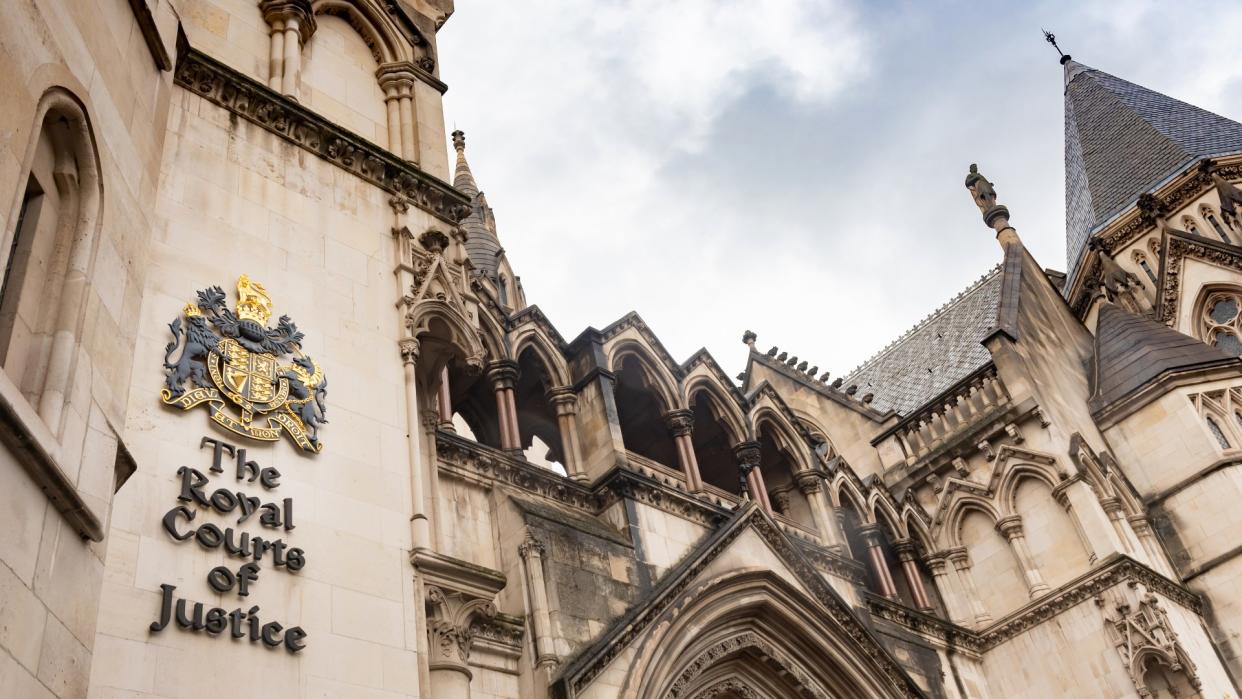Journalists in UK courts: question of transparency?

Potential changes to the criminal justice system that would restrict reporters from rape and sexual abuse trials have been called "devastating" and "disastrous" amid concerns over transparency.
The "chilling" proposal by the Law Commission's public consultation to exclude the public and allow only one member of the press has been "condemned", said The Times. It could limit reporting of sexual offences, leaving trials "shrouded in secrecy".
It comes after Scotland's controversial plans to launch a pilot scheme for no-jury rape and attempted rape trials. The consultation on the Victims, Witnesses and Justice Reform (Scotland) Bill, launched by Holyrood's criminal justice committee, noted that only about half of those charged with rape in Scotland were convicted, compared with a general conviction rate of more than 90%, said The Times' legal editor Jonathan Ames.
Meanwhile, a 12-month pilot scheme launched in January is allowing journalists to report proceedings from family courts in Leeds, Carlisle and Cardiff, reported BBC News, after decades of calls for greater scrutiny. The most senior judge in the Family Division, Sir Andrew McFarlane, said there was "an absence of confidence" in the courts due to a "vacuum of information".
'Media coverage can be harmful'
"As a society, too often we have failed the victims of sexual violence," said Suella Braverman, the home secretary, in announcing Operation Soteria, the government's rape reform programme, in July. We must "transform the way these investigations are handled, to make sure that all victims have the best support possible throughout the entire process".
According to Rape Crisis, there were 67,169 rapes in England and Wales that were recorded by police in 2022. Only 1,276 of them (1.9%) resulted in charges being brought by the end of that year. And, the charity said, five in every six women who are raped don't report it to police.
The change could "increase confidence" among victims, argued the Law Commission. It would allow complainants to "present evidence relevant to their defence without causing unnecessary trauma".
The commission, which will publish its report on the responses to the public consultation next year, said it wanted to "make sure that defendants get a fair trial, and improve knowledge of consent and sexual harm".
"We appreciate the critical role the media play in reporting on sexual offences trials, and making sure that justice is done and seen to be done," the spokesperson added.
"It's really important that there isn't a culture of secrets where sexual violence cases are hidden from the public by excluding journalists from the court room," Katie Kempen, chief executive of the charity Victim Support, told The Times. "However, [we] also know from the victim-survivors who we support that media coverage can be extremely harmful, despite them being guaranteed anonymity."
'Journalists are the only people that listen to us'
The proposal is "likely to further reduce, rather than enhance, both the public's confidence and the reporting of sexual offences cases more generally", said the Society of Editors, which includes more than 400 media figures.
It comes "at a time when public confidence in the police and judicial system is already low", said the society's executive director Dawn Alford.
There are already systems in place to support sexual assault and rape victims giving evidence in court, such as lifelong anonymity, options for a video-link or a pre-recorded interview, or a screen in court. With that in mind, any additional restrictions and limitations on the media "seems entirely disproportionate", said Alford, and "unlikely to have any notable effect on victims' court experiences".
"A lot of the time, journalists are the only people that listen to us," one victim told LBC. "If we know that even they won't be able to listen and hear what's being said – the only person who may put the truth out there – then knowing the system is so against you, why would people want to come forward?"
The Crime Reporters' Association (CRA) has also opposed the move. "This proposal runs the risk that reporting would be skewed and materially imbalanced," said Rebecca Camber, crime and security editor at the Daily Mail and chair of the CRA. She told Nick Ferrari of LBC that the likely consequence of such changes would be "disastrous".
